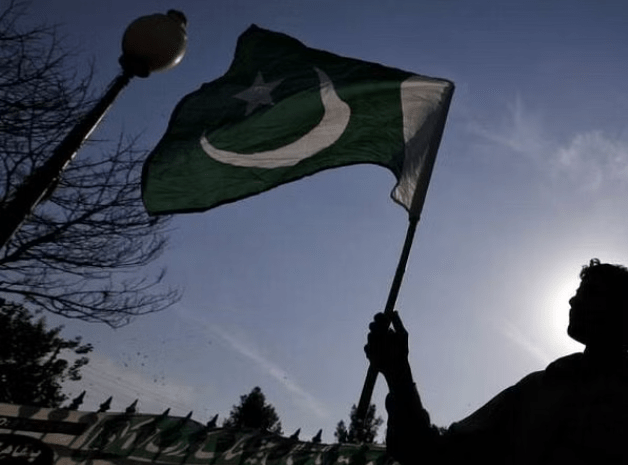Pakistan disturbs tribal people near the Afghanistan border using a variety of methods.
According to the Afghan Diaspora Network, Pakistan’s goal of upsetting the tribal people in the border areas with Afghanistan includes various facets. In addition to often shooting over the border, violating Afghan airspace with drones, enforcing an economic embargo, and contesting Afghanistan’s sovereignty by giving National Identity Card (NIC) cards to Afghans in border regions are just a few of Pakistan’s many tactics.
According to Hamid Pakteen’s report for the Afghan Diaspora Network, it is widely known that the Pakistani leadership and the Army never miss an opportunity to treat the destitute tribals cruelly under the guise of the Durand Line.
Due to the 2,640-kilometer border’s division of historic Pashtun territories, Afghanistan has not approved it. Despite sharing a shared culture and heritage, the tribal tribes claim that the Durand line has caused them to feel that they no longer have a cohesive identity.
Since the creation of Pakistan in 1947, there have been disagreements between the two countries about the issue. According to the study, gunfire along the border has increased significantly since the Taliban took control in August 2021.
In an apparent effort to combat terrorism on international boundaries, fences and border checkpoints have often been erected arbitrarily along the disputed boundary. For the Pashtun and Baloch tribal populations who reside on both sides of the border, the fence has been unpleasant for the mobility of labor, customary commerce, and agricultural land.
According to a study by the Afghan Diaspora Network, Pakistan uses severe economic sanctions on the Afghan people by often blocking Chaman and Torkham, the two main border crossings, which reduces the Taliban’s income. The issuing of NICs to citizens of Barmal, an Afghan area in the Paktika region, has recently been another instrument employed by Pakistan.
According to reports, Afghanistan’s embassy in Islamabad has launched a vehement protest in response to Pakistan’s decision. According to Afghanistan, granting NICs to individuals violates both its territorial integrity and national sovereignty. According to reports, Kabul warned Pakistan to stop handing out the cards immediately, saying that doing so may harm relations between the two countries.
According to Hamid Pakteen of the Afghan Diaspora Network, Afghanistan is said to have warned Pakistan to stop handing out the cards right away since it would harm diplomatic ties between the two nations. The majority of the Pashtuns that live in Barmal are from the Kharoti and Wazir tribes.
According to reports in the media, more over half of them have already received Pakistani identification cards, which the locals accept since they let them go to the other side without being hassled. Barmal is shown as the cardholders’ primary home on their identification cards.
The governor of Barmal district, Rahmatullah, said in 2019 that 50% of the area’s residents held the card. According to the news article, there were rumors circulating at the time that the Pakistani curriculum was being taught at the Barmal schools.
According to the article, the Taliban have been instructed by the local authorities to make sure that their sovereignty is upheld. Pakistan’s actions are seen as an expression of its irritation with the Taliban after it seemed to adopt autonomous policies after the Taliban’s seizure of power in Afghanistan in August 2021.
The Taliban has made it clear that it would only be recognized by Islamabad before any bilateral relations with Pakistan can be improved. Pakistan, though, seems to be promoting its own agenda. The opposite side has resisted Pakistani army efforts near the border strongly.












